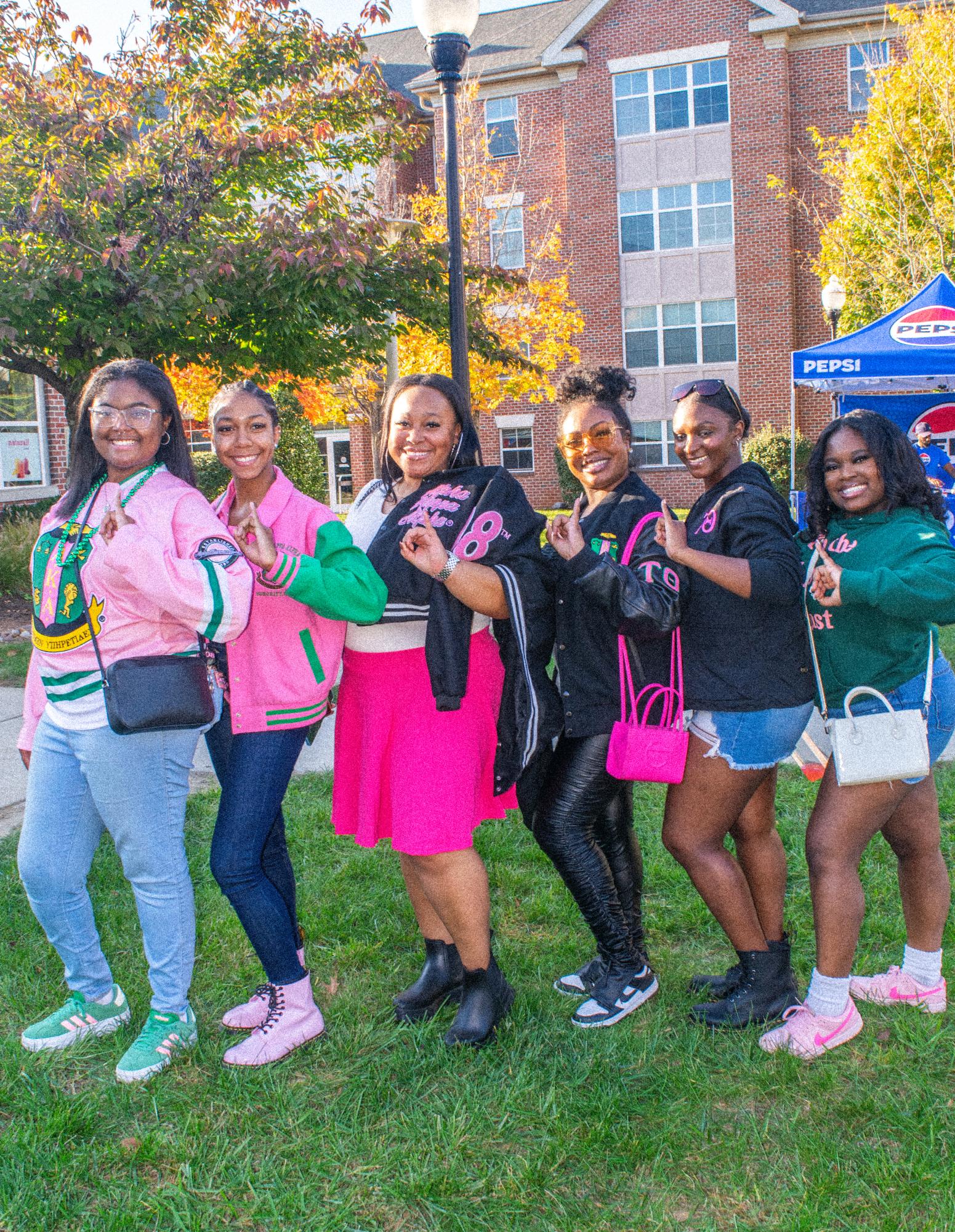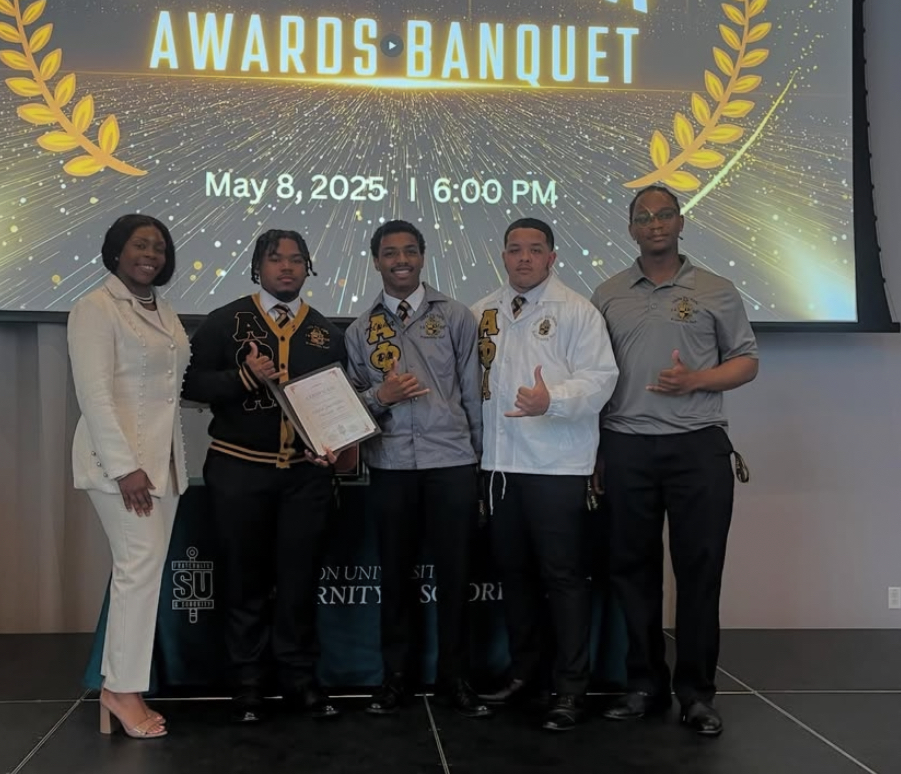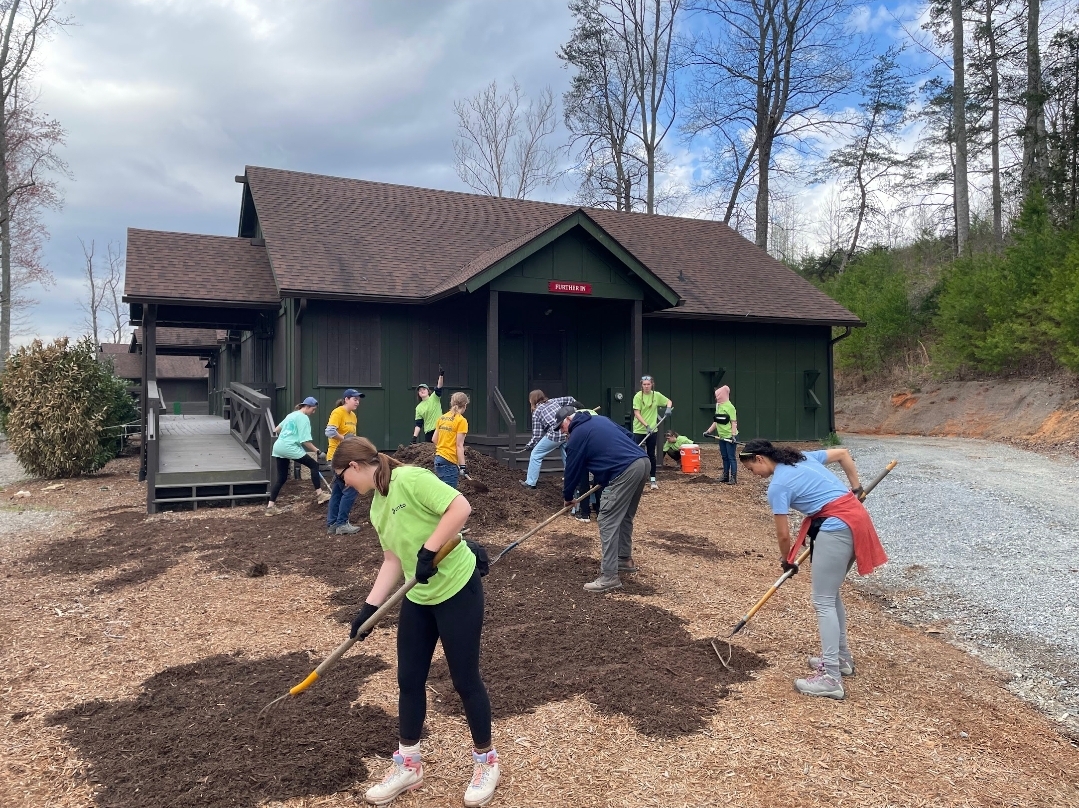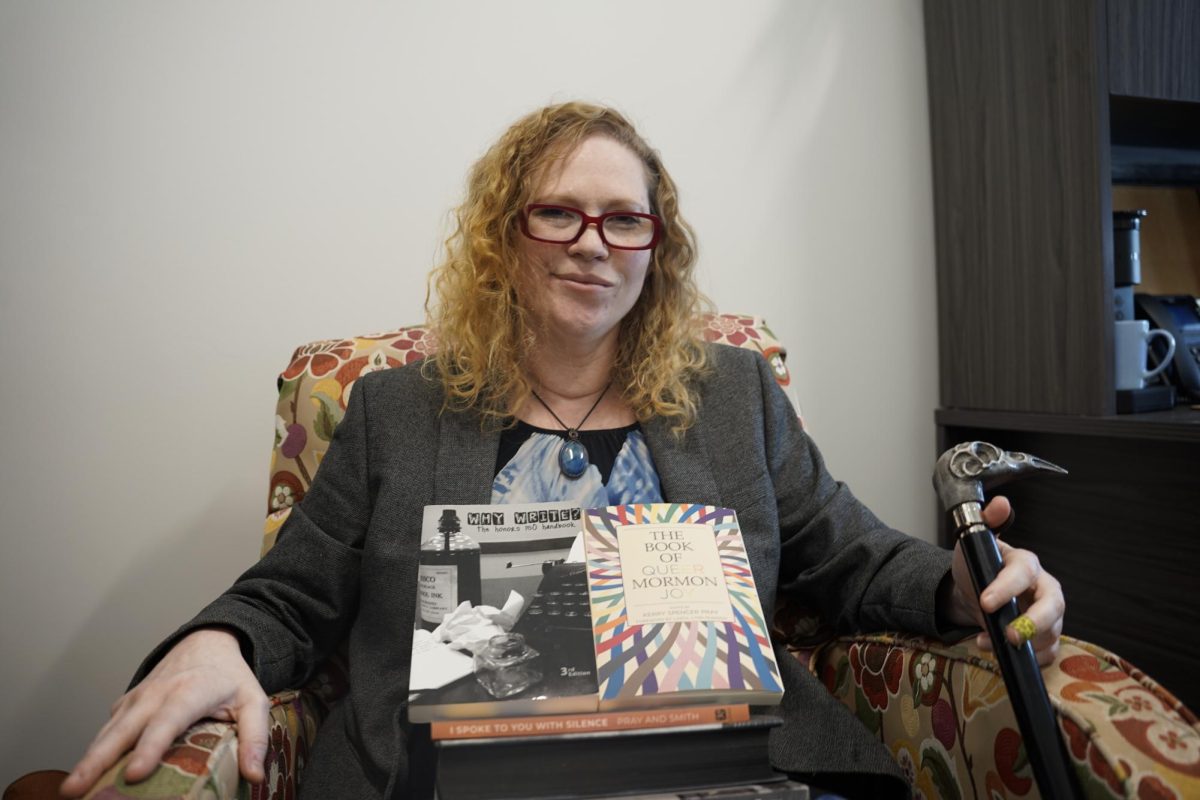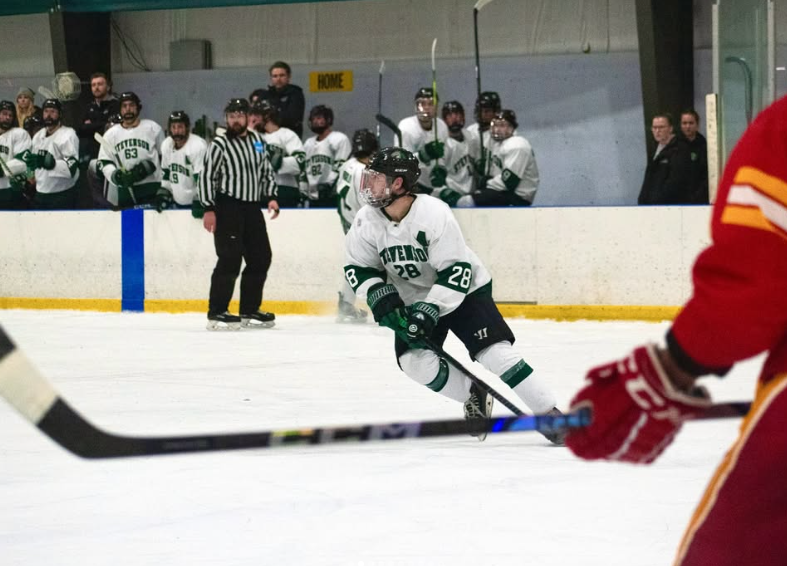“It’s gratifying to support the community in creating new spaces where mentorship, scholarship and service thrive—hallmarks of the Divine Nine.” — Chanelle Thomas, Stevenson advisor and fifth Anti-Basileus of the Zeta Omega Sigma Chapter of Sigma Gamma Rho Sorority, Inc.
———————
This March, Sigma Gamma Rho Sorority, Inc. joined the campus community as one of the two newest historically Black Greek-letter organizations, followed by Alpha Phi Alpha Fraternity, Inc. in April.

Their arrival marks a historic milestone in Stevenson’s Fraternity and Sorority Life and signals a renewed commitment to cultural inclusion at a predominantly white institution (PWI).
For years, Divine Nine presence at Stevenson consisted of the Tau Theta Chapter of Alpha Kappa Alpha Sorority, Inc., chartered in 2011, and Gamma Rho Theta Chapter of Phi Beta Sigma Fraternity, Inc., chartered in 2019—both relatively recent additions—but the expansion now offers students broader opportunities for cultural unity, leadership, and engagement.
“Students, especially Black students, come to learn about a part of ‘their’ history from the perspective of people who were just like them—college students,” wrote Deric Greene, communication professor, member of Phi Beta Sigma Fraternity, Inc. and newly appointed advisor for Stevenson’s Alpha Phi Alpha Fraternity, Inc.
This expansion didn’t happen by chance. It is the result of years of conversation, planning, and student advocacy to bring greater representation of historically Black Greek-letter organizations—known collectively as the Divine Nine—to Stevenson’s campus. With the support of the Office of Student Life and Leadership, new chapters are being recognized, marking a pivotal moment in the university’s progress toward a more inclusive and culturally enriched student life.
Dr. Greene emphasized the deeper significance of this development.
“Historically Black Greek-letter organizations are essential at PWIs because they provide a space for students to support each other and their communities, a tradition for over 100 years,” Greene said. “While PWIs aim to support the overall student experience, they may not always recognize the importance of specific cultural traditions, especially for Black communities.”
Though, Greek life at PWIs is often associated with white fraternities and sororities, the Divine Nine—nine historically Black Greek-letter organizations under the National Pan-Hellenic Council (NPHC)—is gradually reshaping that narrative.
A 2016 Washington Square News article highlighted how students at NYU led efforts to charter Sigma Gamma Rho and Alpha Phi Alpha, offering vital cultural spaces in a predominantly white environment.
Similarly, a 2024 article in the Washington and Lee University student newspaper — where 75% of students identify as white — only three NPHC organizations remain active, with Phi Beta Sigma welcoming 12 new members in 2023.
Despite their limited presence, the Divine Nine continues to serve as a safe haven for Black students looking for belonging, leadership, and cultural connection. These student-led movements underscore both the necessity and the challenges of diversifying campus life at PWIs.
These traditions run deep, with members joining a legacy that includes civil rights leaders, artists, educators, and politicians such as Martin Luther King, Jr., Rosa Parks, former vice president Kamala Harris, Phylicia Rashad, and so many others. For Black students, especially, these organizations offer a connection to a history that affirms their identity and empowers them to lead.
“As members of the Divine Nine, students come to learn about a part of their history from the perspective of people who were just like them—college students,” Greene said.
Darius Morgan, a member of Alpha Phi Alpha Fraternity, Inc., and Stevenson University Online recruiter, sees the expansion as a game-changer.
“Expanding Black Greek life gives more students the opportunity to join these illustrious organizations and showcase that greatness here,” Morgan said.
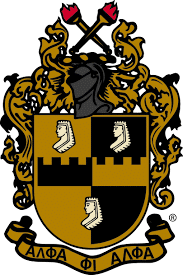
For members like Morgan, Greek life is more than just letters or line jackets—it’s about building a legacy. These organizations allow students to grow as leaders, give back through service, and create connections that extend far beyond college.
The arrival of sororities like Sigma Gamma Rho Sorority, Inc. further exemplifies this transformative moment. Stevenson’s partnership with the Zeta Omega Sigma Graduate Chapter, based in Baltimore, ensures new members receive support and guidance from seasoned alumni like Chanelle Thomas, who emphasized the alignment between the sorority’s values and Stevenson’s mission.
“Witnessing the growth of Divine Nine organizations on the campus is deeply meaningful,” Thomas said. “It signals to students of all backgrounds that Stevenson values cultural heritage and diverse leadership styles.”
Thomas also noted in her role, the chapter will shape programming that blends mentorship, academic support, and service, adding to their sorority’s national focus on “Greater Service, Greater Progress.”
The Office of Student Life and Leadership has also played a central role in this growth, showing what’s possible when students voice their aspirations and the administration listens.
For many, including Greene, this is deeply personal. Reflecting on his own journey through Phi Beta Sigma Fraternity, Inc. at James Madison University in the 1980s, Greene recalls how these spaces helped him find his voice, community and purpose.
“At PWIs, the numbers are smaller, but the benefits remain the same,” Greene said. “I learned the importance of working together to serve the community and discovered my own capabilities, talents and gifts that I hadn’t realized I possessed.”
As Stevenson welcomes these new chapters, the campus culture is reassured for a transformation that amplifies underrepresented voices and empowers all students to embrace leadership, history and identity in new ways.
“It’s not just about representation,” Greene said. “It’s about creating lasting change that honors tradition, supports student growth and celebrates the full diversity of our university community.”
————————
More information on the FSL interest events or to learn more about Greek life at Stevenson, contact Assistant Director of Student Life & Leadership, Tomilola V. Morakinyo, at tmorakinyo@stevenson.edu or follow Stevenson’s Fraternity & Sorority Life Instagram page @stevensongreeklife.


